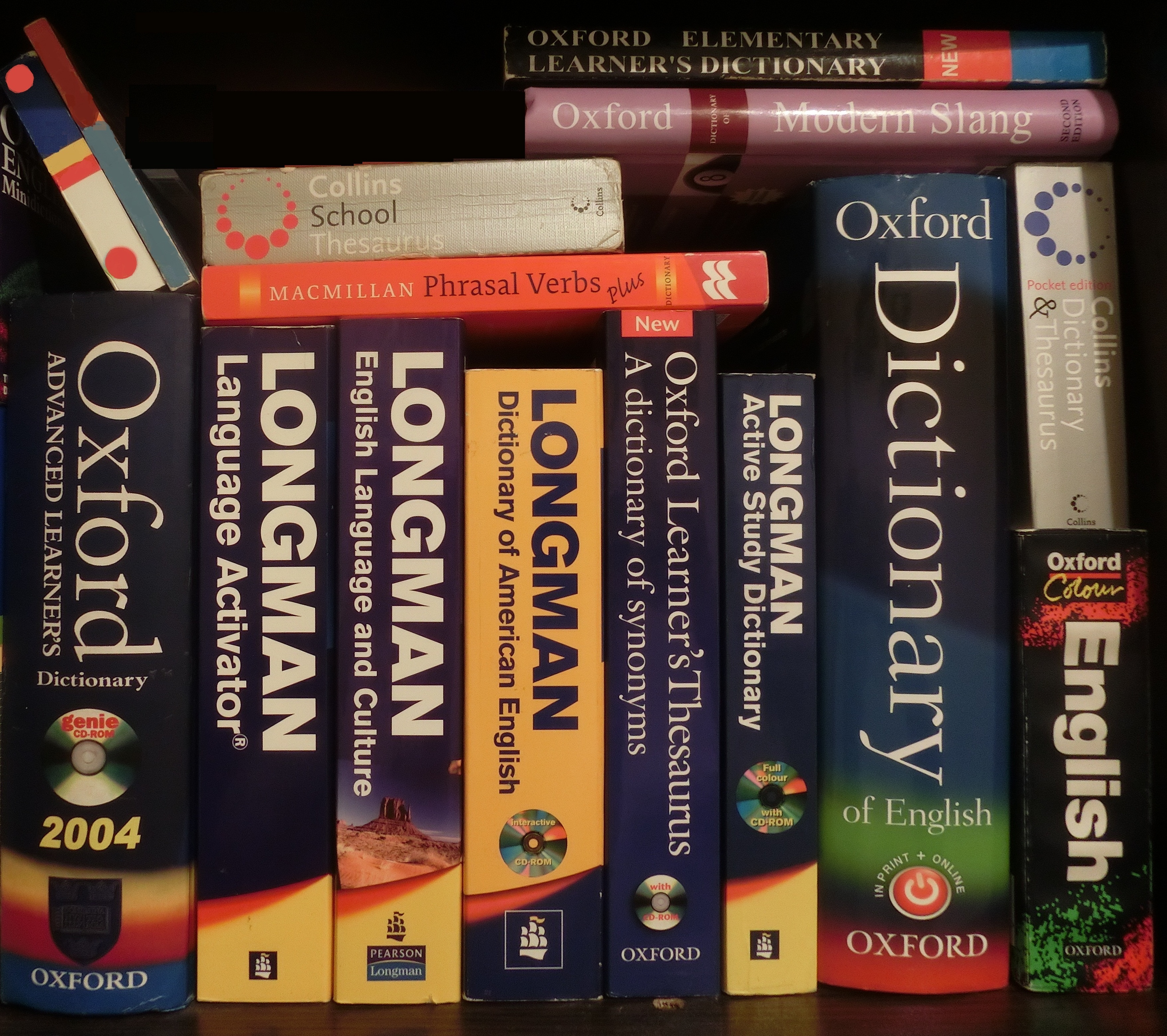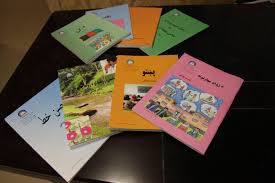Foreign Language Decline: Which Have Fallen out of Favour?
In our final look at language learning being on the decline, it seems fitting to try and get to the bottom of which languages are dragging down the averages. Let’s take a look!
United Kingdom
Photo via Wikimedia
At one point in the UK, French and German were two of the holy trinity of modern foreign languages to learn along with Spanish, which we’ll be talking about a little more later. At A-Level, both French and German are experiencing a decade-long drop in interest, and both of these languages are increasingly less popular for those choosing their GCSE’s/Ebaccs as well.
Despite the UK’s multicultural status, languages spoken within the home that are hugely important to both those speaking them and the surrounding communities on the whole are kept alive only there. Courses in languages such as Arabic and Polish, two languages with huge representation in the UK, are difficult to find. Couple this with the attitude of English being the only language worth knowing and whatever the continued fallout of Brexit is going to be, and the future of language learning in the UK looks bleak.
Australia
New South Wales is Australia’s most multicultural state, with an abundance of language representation from across the globe. Unfortunately due to the marking schemes for students sitting their final exams, community languages such as Chinese, Arabic, Greek and Vietnamese are showing a steady decline. This skewed scoring system has resulted in an unfair bias against these community languages, with students taking these languages failing to do as well as their peers studying others. The resultant drop in community language learning has had a knock on effect: modern languages such as French have followed suit, resulting in an overall drop in entries for many languages taught in schools across this state.
Learning a new language? Check out our free placement test to see how your level measures up!
It isn’t all doom and gloom for Australia’s language learning culture, however. In the state of Victoria 17.3% of final-year students are studying languages. Whereas in the UK and America it is more of a norm for students to study two languages, this is not the case in Australia, so that figure is quite impressive. Education authorities in Victoria put this down to collaborative efforts from the community as a whole: a hopeful outlook we think, and one we hope will spread across Australia.
United States

Photo via Wikipedia
Colleges and universities across the United States seem to be offering less and less courses in modern foreign languages, which is both a reflection of and a contributing factor to language learning decline. Even Spanish, which is often seen as the global language outlier with most continued interest from learners overall is seeing a drop across the US along with French, German, Modern Hebrew, Japanese, Arabic and Mandarin.
Analysts who look for reasons for these declines point to a number of factors. Students facing truly extortionate college fees are focusing on subjects that are career-oriented and more likely to ensure jobs. Like the United Kingdom there is the attitude of English being the global lingua franca becoming increasingly more common.Subjects within the STEM areas – science, technology, engineering and mathematics – are vigorously championed by politicians and pundits alike, but with most resources produced purely in English.
Education institutions themselves must also share a portion of the blame, since there is no longer an emphasis on the requirement for learning a foreign language in order to graduate. On top of all of this, in order for their children to succeed, parents who speak another language besides English as their native tongue appear to be actively encouraging their children to speak purely English. English is important, of course it is: but so are all the other languages we speak, so this is a little disheartening.

Photo via Pixabay
Latin America & Spain
A final nod to the language that we have already identified as an outlier. Spanish, already spoken across Spain and South and Central America, has become the second most popular language to learn worldwide. Exam entries for Spanish has spiralled in the UK, and even in countries where all language learning is generally on the decline, Spanish is seeing the least reduction in its enrolment numbers. Whether this is due to belated recognition of Spanish as a global language, or because as some suggest, business communication has shifted across to the Pacific where much of the world’s population is concentrated, it is unclear. Either way. For us, as language lovers, anything that makes people interested in learning languages is fine by us!
Thank you for joining us on our look into foreign language decline; we hope you have been inspired to buck against this trend and learn a language yourself.



